My number one, numero uno, de facto is that I never ask my horse to put himself in harms way for me.
But not all equestrians follow this motto.
Quite to the contrary, many put their horse at risk every day without a single thought.
Like overworking the under-conditioned horse and risking an injury that is completely preventable. I'm looking at you, weekend warriors.
But weekend warriors aren't the only ones putting their horses at risk for their own benefit.
Inherent Risks of Horse Sport
Horse sport almost demands riders risk their horse's well-being for the potential of a (blue ribbon) (trophy) (paycheck) (sponsorship) (equi-celebrity status). And riders rise up to the occasion all too willingly.
Equestrians don't really talk about this risk requirement or even acknowledge it's presence. So I was very happy to see I am not the only equestrian who sees a problem with this.
Today, in 2015, I would want a foal NOT to grow up to go to Rolex, because I wouldn’t want to do that to her.
And this fact makes me both very sad and very angry. Sad at what the sport has become, angry at the people who did it to the sport.
I want eventing NOT to be a sport where great horses are put constantly at such high risk. It’s bad horsemanship, nothing more, nothing less.
Denny Emerson, Save Eventing from Itself
Building Safety and Trust
I wouldn't willingly put my horse at risk for some personal goal of mine. Why? Because I value their trust. And trust can't be built when your partner doesn't feel safe.
What ‘Bad Horsemanship' do you practice?
It happens to most of us during the course of our learning curve, to risk the horse in some way while reaching for our own personal goals and happiness. I'm not immune from this, many of the things I write about come from a place of personal learning.
Here are some ways we put our horse at risk:
- Using force in training, e.g.:
- Pulling, pushing, slapping, kicking, spurring your horse to achieve something.
- Using leverage to physically manipulate the horse – ie. with draw reins, neck flexions, leverage bits, other gimmicks, etc.
- Using pain in training, again another umbrella but there is a lot of overlap between using force and pain since enough force = pain.
- Intentionally frightening your horse in an effort to ‘desensitize' or ‘de-spook' him/her.
- Intentionally throwing your horse off balance to gain control.
- One-rein stops are a fundamental example of this, and not only can they cause physical damage they rely on the horse losing his balance so the rider can gain control.
- Laying the horse down in the name of ‘training'. Many trainers like to do this when breaking a horse to ride. It's just another power play where the trainer lacks knowledge and skill.
- Intentionally pushing the horse to physical over-exertion.
- Rushing the horse's training.
Hey, the horse is a Prey Animal!
Do I really need to say this? Apparently, I do.
If you want the horse to trust you then you need to stop acting like such an overbearing, aggressive, control-freak of a predator. Yeah?
Okay, now that we've established that.
The horse is your partner, not your slave, not your guinea pig, not your prisoner. Is the horse a large, powerful animal who can hurt you? Yes, absolutely. And the most likely horse to hurt you is the one who is angry, frustrated, exhausted, or frightened.
Take a moment to re-evaluate what it is you're asking of your horse, and if you're putting them in harm's way. They'll likely thank you for it.
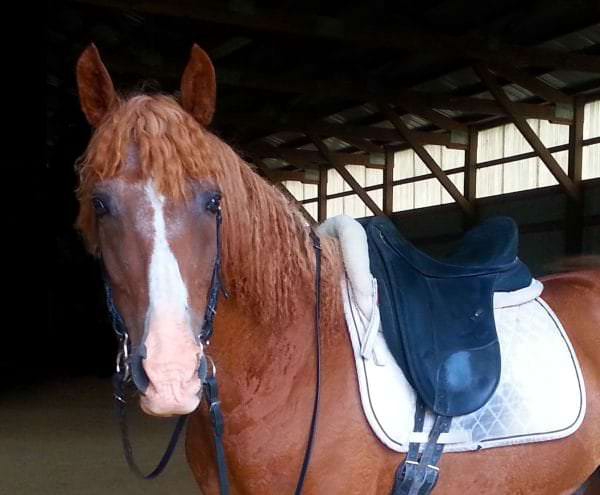
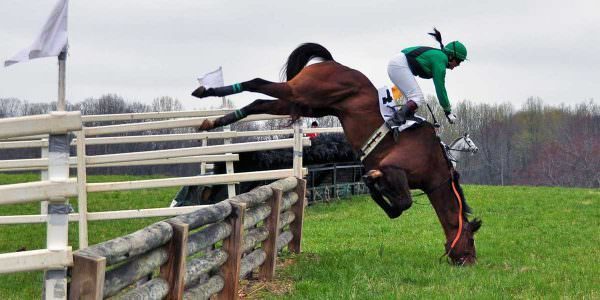
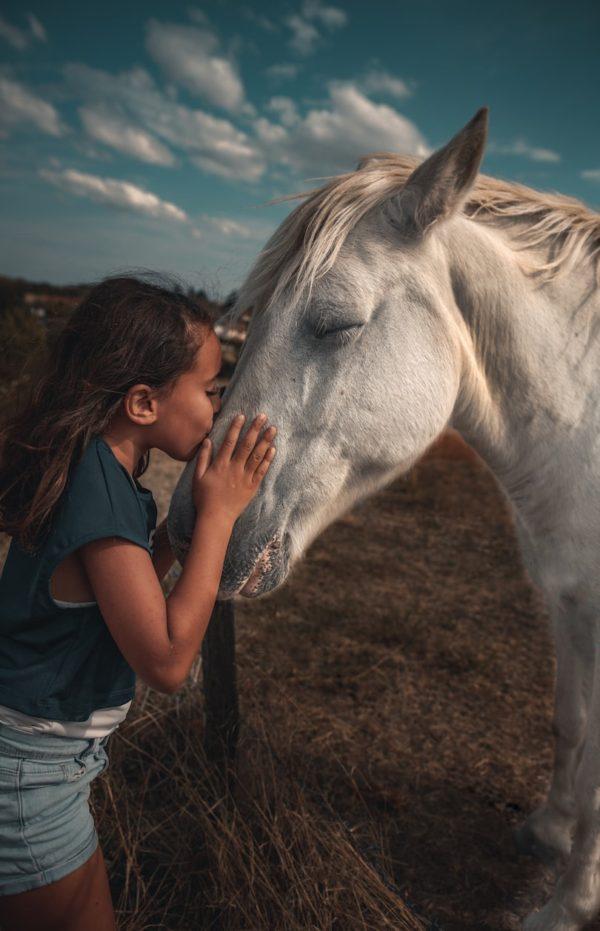
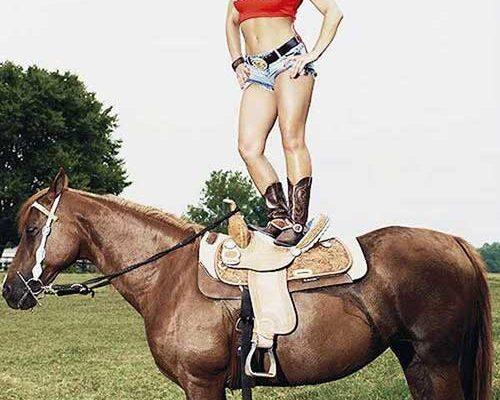
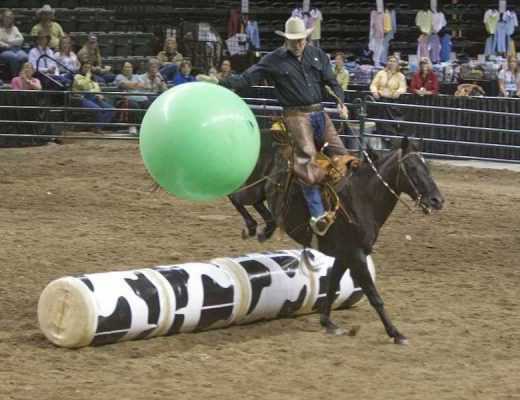
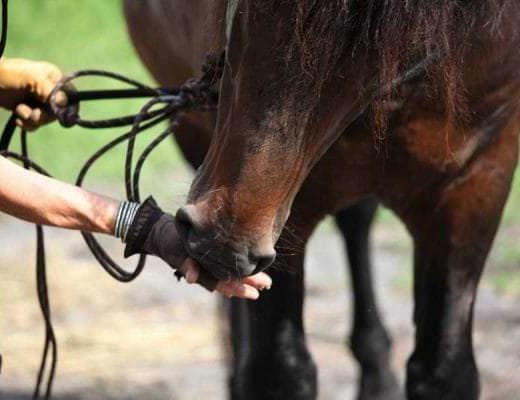
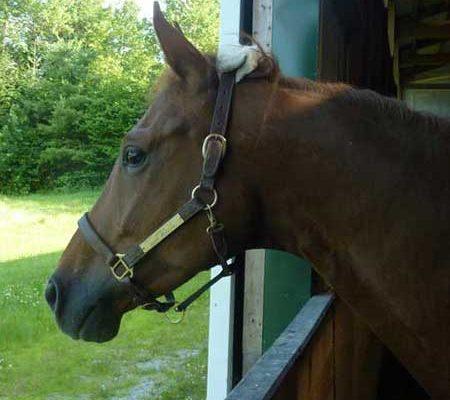
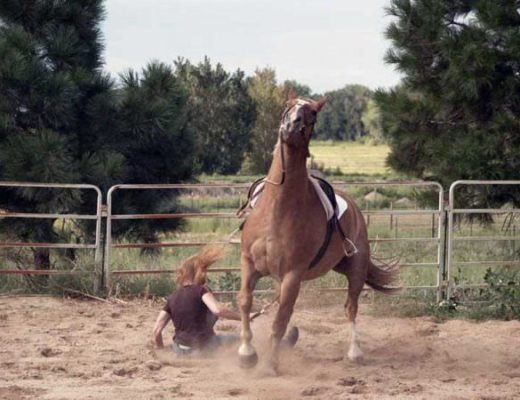
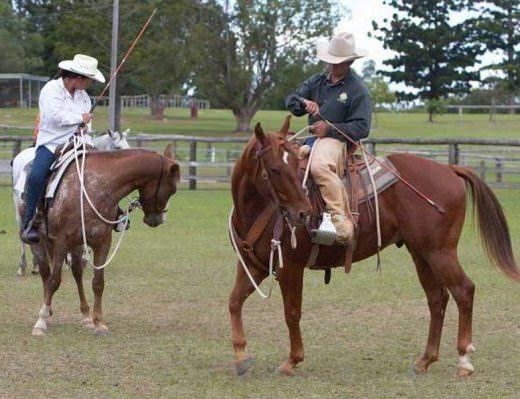
Bravo! It is also my top pet peeve – the sacrifice and suffering just for our personal gain/ego. Unfortunately, I find that a lot of people who put their horse at risk are completely oblivious to it, and quick to slip into denial if it is suggested. Intention is what most people fall back on, which is completely meaningless to their horse! Keep it up, Erica – horses need all the advocates they can get!
I have been more than willing to sacrifice my own ambitions, plans, goals, etc., for the sake of my horses. Their trust and affection are more important to me than any prize they could win me. I would like to return to some level of competition, and I have two that just might enjoy that – but it has to work for both of us or it’s no go!
Thanks for this utterly vital perspective! Here’s hoping the idea spreads!!
Like! Thanks for sharing Lia. 🙂
Wow! Seriously, do your research!
What are you referring to Jill?